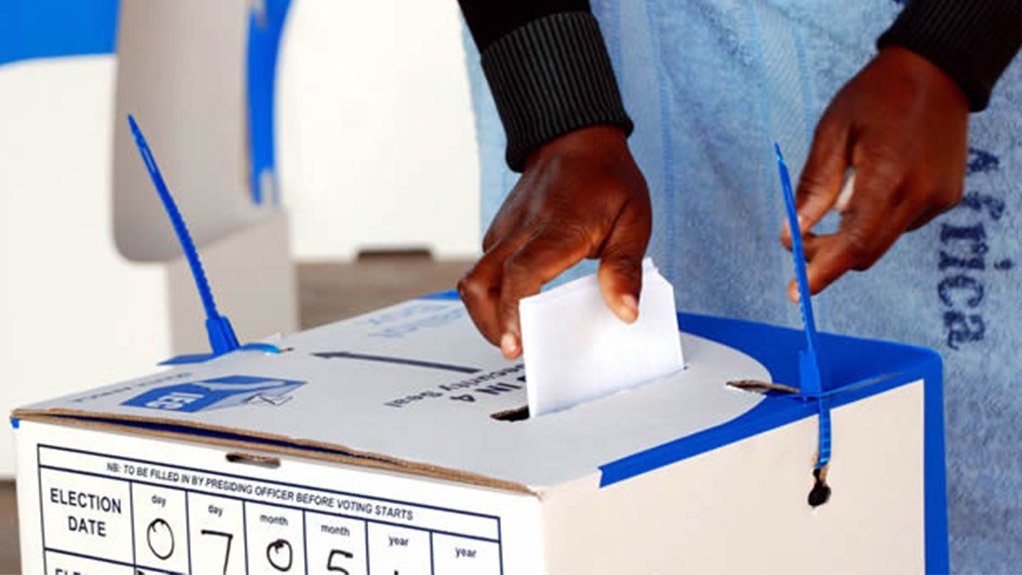University of Pretoria (UP) Data Science for Social Impact research group’s Professor Vukosi Marivate noted that if the Independent Electoral Commission violates election rules online, it will be hard to monitor, because of limited direct access or sample data from platforms.
Marivate emphasised that social media influencers and people who use knowledge inappropriately have found ways to influence public perceptions by framing specific topics to drive their agendas.
He warned the public about this, adding that this was seen in South Africa’s 2021 municipal elections.
He said there were difficulties with automated content moderation, and with local languages and code switching.
“This means that the systems that are in place for content moderation usually apply to English language content; in South Africa, which has 12 official languages, the systems are not able to detect whether the content is disinformation or harmful,” explained Marivate.
He noted that other challenges included the need for policies and regulations that would allow researchers to access social media data.
UP and the Council for Scientific and Industrial Research’s (CSIR’s) Information and Cybersecurity Centre are collaborating on a project to detect fake news during elections, saying voters must be taught to be vigilant and to discern fact from fake news.
The project involves using artificial intelligence and machine learning with advanced algorithms to analyse patterns and identify fake news, and will focus on continuous learning to adapt to evolving disinformation tactics.
Marivate said that spreading disinformation affects the thoughts and feelings of online users, explaining that the major current challenge faced is access to data.
“All this data is held within social media platforms, and with changes to platforms like X, formerly known as Twitter, reducing access to data makes research on disinformation extremely hard for researchers. Without access to this data, we are unable to analyse the information that is out there,” he added.
The UP and CSIR recently hosted a virtual media briefing to share research on the potential effects of disinformation and fake news during elections, where CSIR research group leader in cybersecurity Dr Zubeida Dawood highlighted that to empower voters, they needed to be taught to be vigilant and to discern fact from fake news.
“We need to be aware of common tactics, like doctored audio messages. This will enhance the public’s ability to identify and reject disinformation,” she said.
EMAIL THIS ARTICLE SAVE THIS ARTICLE ARTICLE ENQUIRY
To subscribe email subscriptions@creamermedia.co.za or click here
To advertise email advertising@creamermedia.co.za or click here











